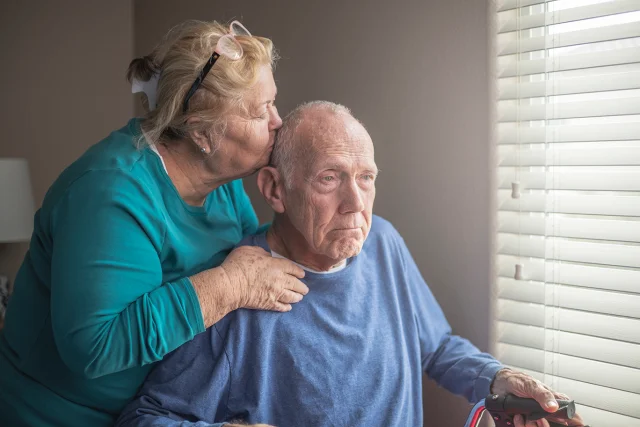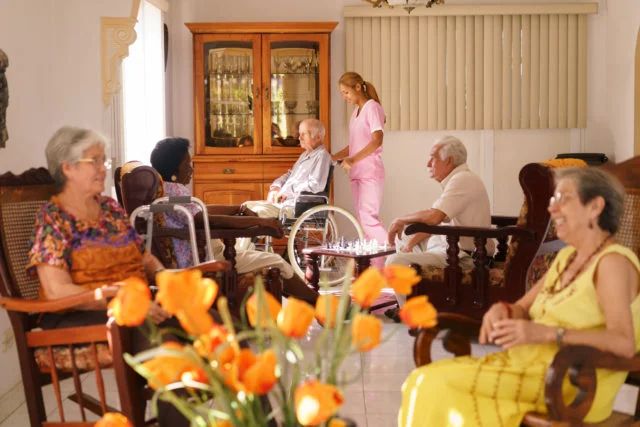Tag: caregiver

COVID has wreaked havoc on the nursing home industry’s staffing. Prior to COVID, only one in five nursing homes had to hire some of their workers from outside agencies to fill in as caregivers for their patients. Today, nearly half are using agency staff, who are providing more and more hours of the direct car…

Anyone who thinks that moving an elderly parent out of her home and into a facility will eliminate the need for most of the care they’ve been providing should think again. Two University of Pennsylvania researchers added up the hours that adult children, spouses and other unpaid caregivers provide when loved ones are in assisted…











